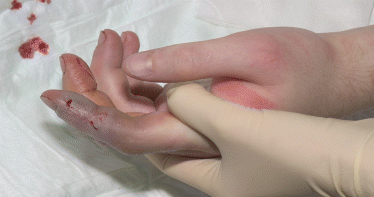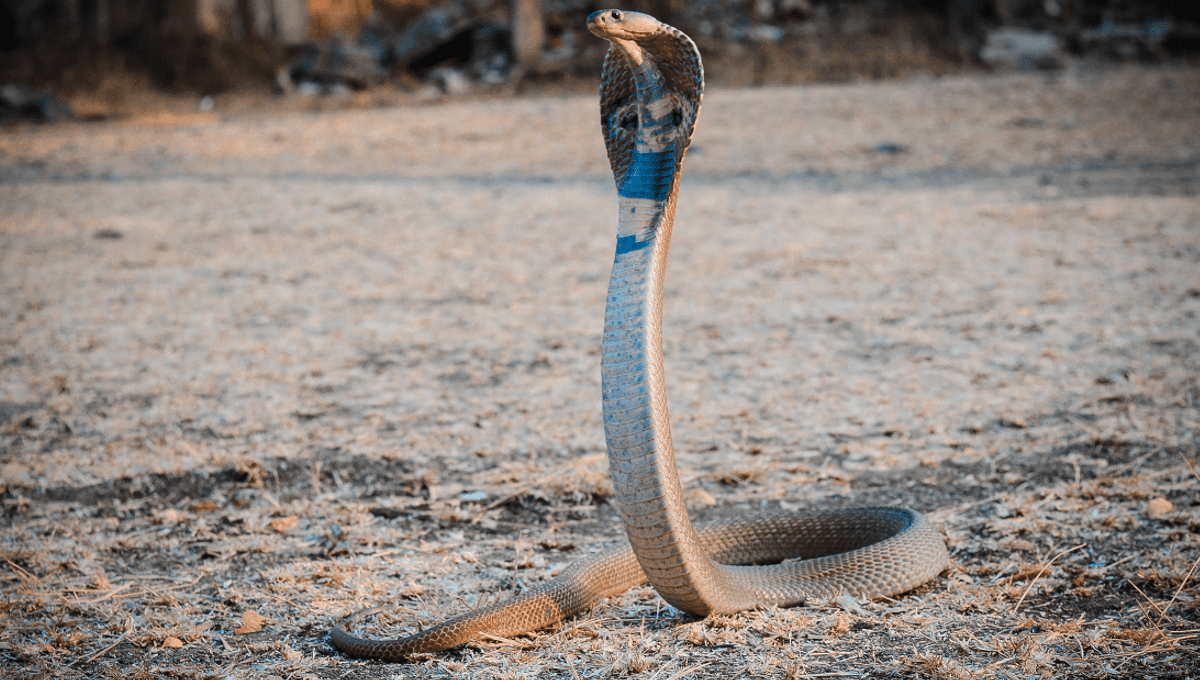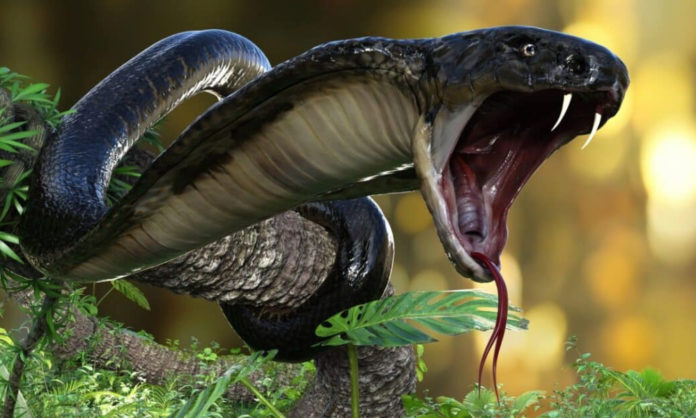Cobras may be found throughout a large portion of Africa, the Middle East, India, and the remainder of South Asia. They go on from there into Southeast Asia and Indonesia. They might come into contact with billions of individuals as a result.
Cobras often release a neurotoxin that can paralyze the heart and lungs and interfere with nerve signals. This is distinct from the behavior of many vipers, such as rattlesnakes. The hemotoxic they often possess targets the blood vessels, resulting in bleeding and tissue damage.
The bright side
Don’t assume cobras are hostile despite the large incidence of fatalities and envenomings (bite-related venom ingestions). When trapped and startled, cobras put on a theatrical display, rising up, expanding a hood, and hissing loudly, but Whitaker explained that this was just out of fear rather than violence. The snake merely requests solitude.
Cobras don’t like to bite people, according to Kim Gray, curator of herpetology and ichthyology at the San Diego Zoo Wildlife Alliance. The snake needs venom since it consumes entire foods and lacks limbs to aid in the digestive process. Venom is vital to the snake and is used to paralyze prey and start the digesting process. In order to avoid wasting its venom, it avoids indiscriminately biting and envenoming as many people as it can.
What are your chances of getting bitten

According to Brandehoff, the vast majority of cobra bites occur to agricultural workers in fields and other locals, who are frequently low-income individuals who live in homes with easy access and who sleep on the floor.
What to do if you encounter a cobra

The experts all agree: Don’t bother the snake.
Gray advised moving cautiously and quietly away from the snake while, if possible, keeping an eye on its whereabouts. If you’re outside, move to a space that’s open and clear of bushes and rock outcrops. She insisted that you shouldn’t use a broom, a shovel, or anything else to attempt and subdue, catch, or kill it.
What to do if it bites you
Cobra bites are a really severe matter. They do not, however, constitute a death sentence.
The majority of snakebites, including cobra bites, are not lethal. said Whitaker. But every snake bite requires emergency medical attention. The most crucial action is to get to a hospital as soon as possible. There is only one treatment for a snake bite, and that is anti-venom, therefore do not turn to any traditional or home remedies.
In order to prevent more injury, Gray advised that you immobilize the biting limb, proceed to the nearest hospital without delay, and make a record of where the bite happened and the time it occurred.
If it is safe to do so, take a description or a picture of the snake as well. This may facilitate medical therapy.
People may suggest a crepe wrap if the cobra that bit you only has neurotoxic venom since this can assist prevent the transmission of the poison from one limb to the rest of the body.
A wrap may also do more damage than help if the venom has hemotoxic characteristics since it may hurt the tissue surrounding the bite.








































